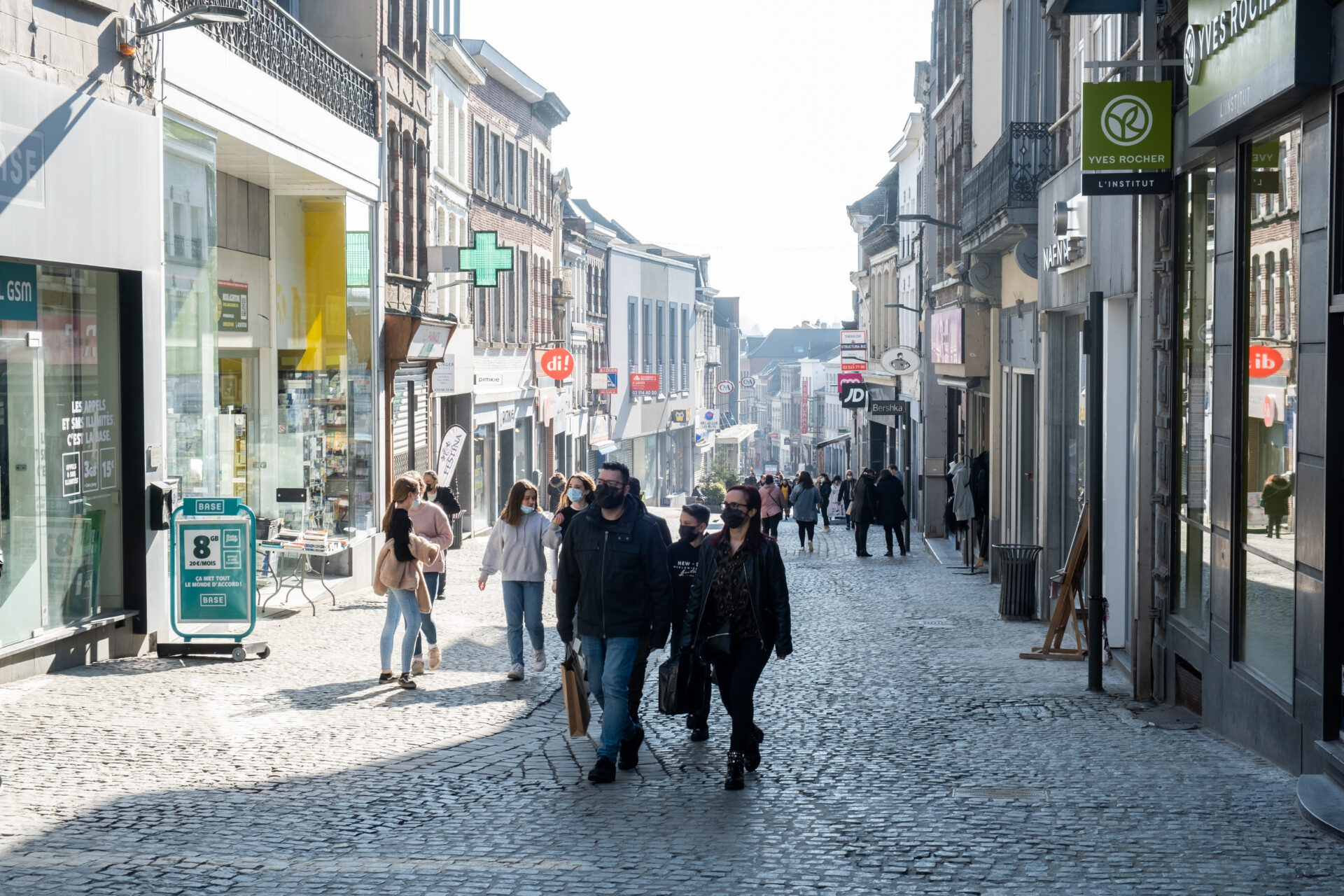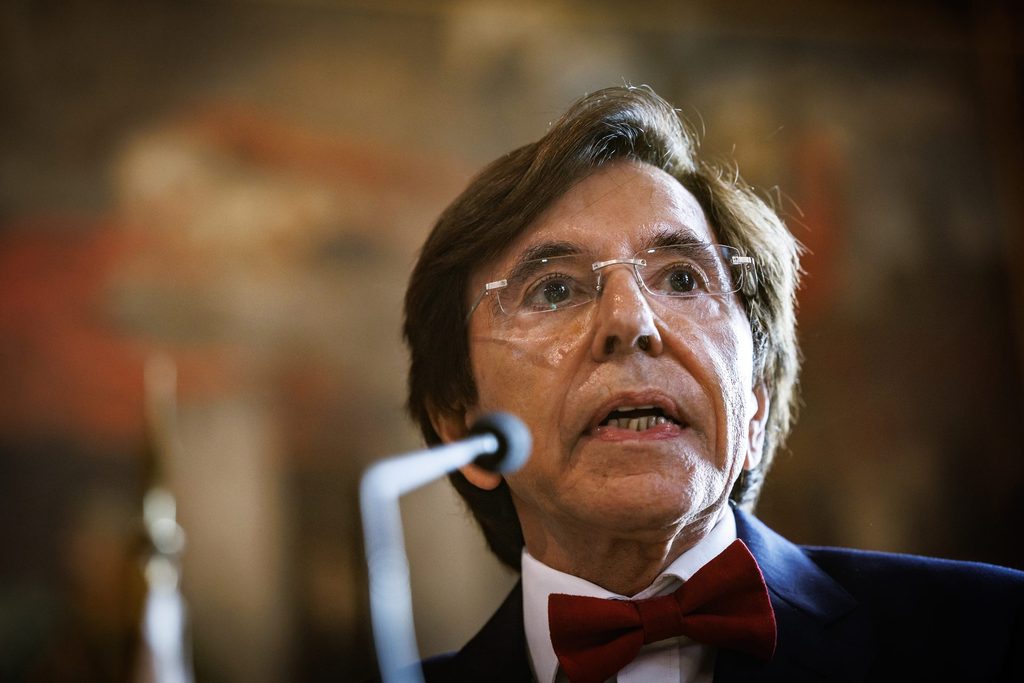As Walloon Minister-President Elio Di Rupo (PS) will leave Belgium's national politics in favour of Europe after the elections in June, he took stock of his region's successes and failures over the past 25 years.
Between 1999 and 2024, Di Rupo has been Minister-President in Wallonia three times, of which the last one is still in progress. In an interview with Le Soir, he looked back as well as ahead and highlighted that the region has plenty to be proud of.
"People get the impression that the Walloon Government rules over the whole of life in Wallonia and its inhabitants, but this is far from being the case," he stressed.
The Walloon region's budget never amounts to more than €21 billion – a far cry from the federal budget, Di Rupo underlined. "I say this to emphasise that the government, and therefore myself, are not responsible for everything that happens in Wallonia: we do not have all the levers."
Looking to the future
As a result of the Covid-19 crisis and the floods in July 2021 (which killed 39 people and affected some 100,000), the Walloon Government had to spend large sums of money on daily crisis management, rather than working on recovery, Di Rupo said.
Now, however, some very important projects are underway: the Walloon Business Union, the trade unions and the environmental community are working together with the Ministries and the administration – something that has never happened before in the region.
"First we had to find solutions within the government, between the three majority parties (PS, MR and Ecolo). After that, the sense of the general interest prevailed: Wallonia will only pull through if the intermediary bodies get involved," he said. "And that is exactly what we are doing: we are working with them on a co-construction basis. It is a solution for the future: the Government is there to give impetus, but it cannot solve everything on its own."

Shopping street in the city centre of Mons. Credit: Belga / Justin Namur
He gave the example of Flanders, saying that turning a region around must be a collective effort. "Look at Flanders: it is full of initiatives in every field, with an absolutely extraordinary spirit of solidarity. We have to ask ourselves: what is X or Y's contribution to Wallonia? We are trying to build a model comparable to that of Flanders. We are not there yet."
On the contrary, Di Rupo said. "In Wallonia, we take pleasure in criticising, demoralising... This means that there much explaining and encouraging to be done because we cannot solve most of the problems without the people."
"Wallonia is not creating enough new businesses, for example. There is not enough entrepreneurial spirit. If you go to higher education establishments, even business schools, you'd expect to see a profusion of projects, but that is not the case," he said. "That is why we need to explain, encourage, push upwards... Every time someone says bad things about Wallonia, we need to counter with positive examples."
Related News
- De Croo pushes back on Wallonia plan to fill shortage sectors with undocumented migrants
- Georges-Louis Bouchez: The man who wants to charm everyone
For Di Rupo, Walloon businesses need to grow. "But here, growing a business, taking financial risks and making commitments are still complicated. The same goes for exporting. Flemish people are everywhere in the world. They take risks."
He recognised that Wallonia has its problems, but there are plenty of reasons to be proud, he said. "We have plenty of people who are moving forward, who are constantly innovating. Others have more issues, but we need to help and assist them. We need to encourage them to make an effort too. A society that makes no effort is a society that is dying. To move Wallonia forward, everyone has to get involved."

